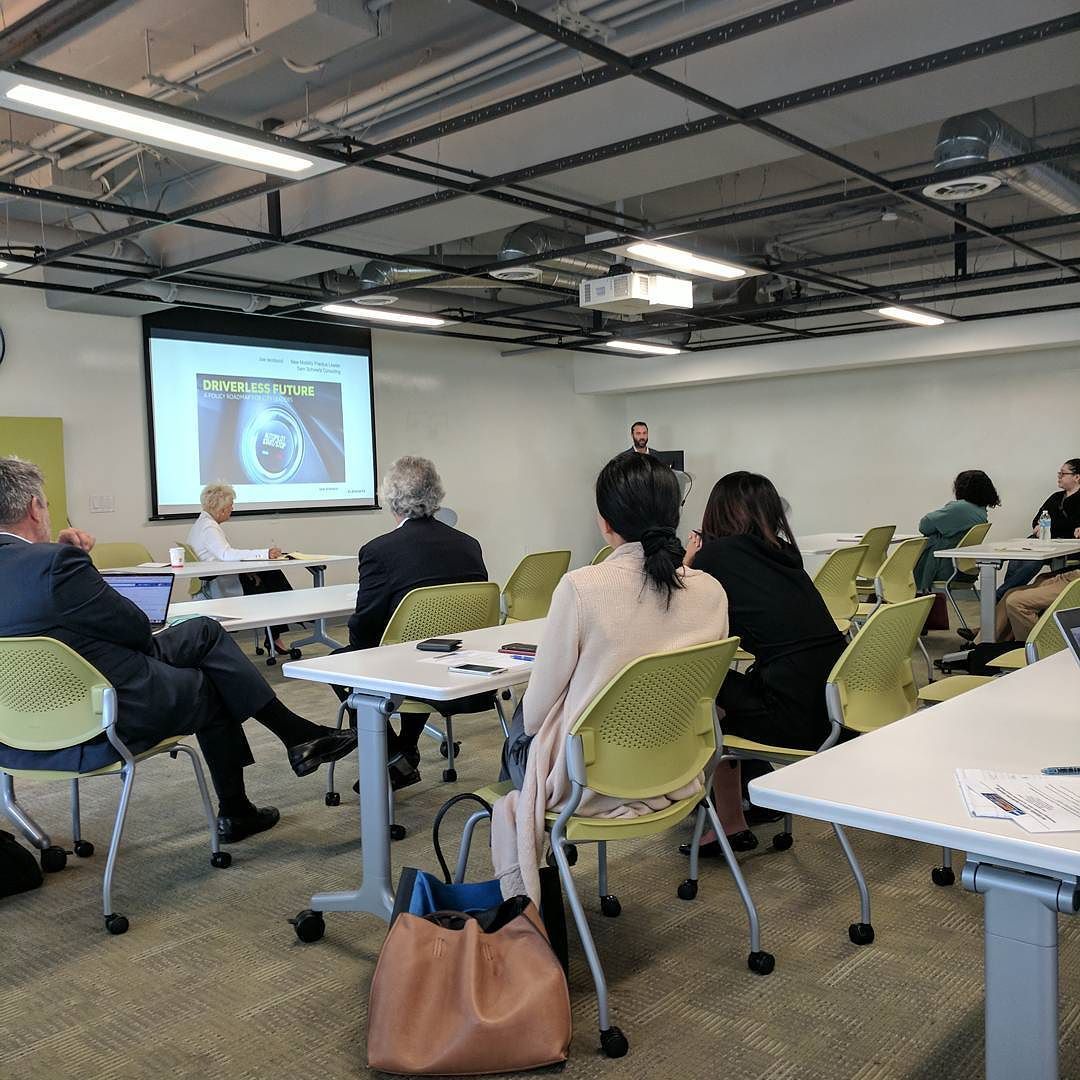

There'll be less of a burden on the court system. And if we have fewer crashes, there are going to be fewer cases in court. The insurance industry, certainly, will be affected since we will have fewer crashes, and about a third of the insurance industry is based on crashes. Truckers, of course, are going to be impacted - how we move about in so many different ways. But it also means that there're probably going to be fewer repair shops because AVs lend themselves to fleet operations, especially if they're going to be offering rides, as opposed to selling maximum vehicles. SAMUEL SCHWARTZ: I think everybody is expecting fewer drivers, and, you know, that's no surprise. Give us a couple of examples of industries or jobs or roadways that we might not realize will be profoundly affected by AVs once they start to really dominate. In your book, you write that AVs, autonomous vehicles, will be the most disruptive technology to hit society worldwide since the advent of the motorcar.

We're going to use the words driverless car interchangeably with the words autonomous vehicle, or AV. Later in our conversation, after we talk about the future, we're going to talk about traffic problems that plague us today. He now has his own consulting firm and has worked with cities around the world on transportation-related issues. He served as the traffic commissioner of New York City and chief engineer of the city's Department of Transportation. He knows a lot about transportation systems. Schwartz is the author of the new book "No One At The Wheel: Driverless Cars And The Road Of The Future," which he says is about the good, the bad and the ugly of how driverless cars will change our world. My guest Samuel Schwartz expects it to be a very disruptive technology. But driverless cars are also likely to transform roads, cities, suburbs, jobs, the economy and daily life. The future of the driverless car is going to affect the future of how we travel and what we do in cars.


 0 kommentar(er)
0 kommentar(er)
